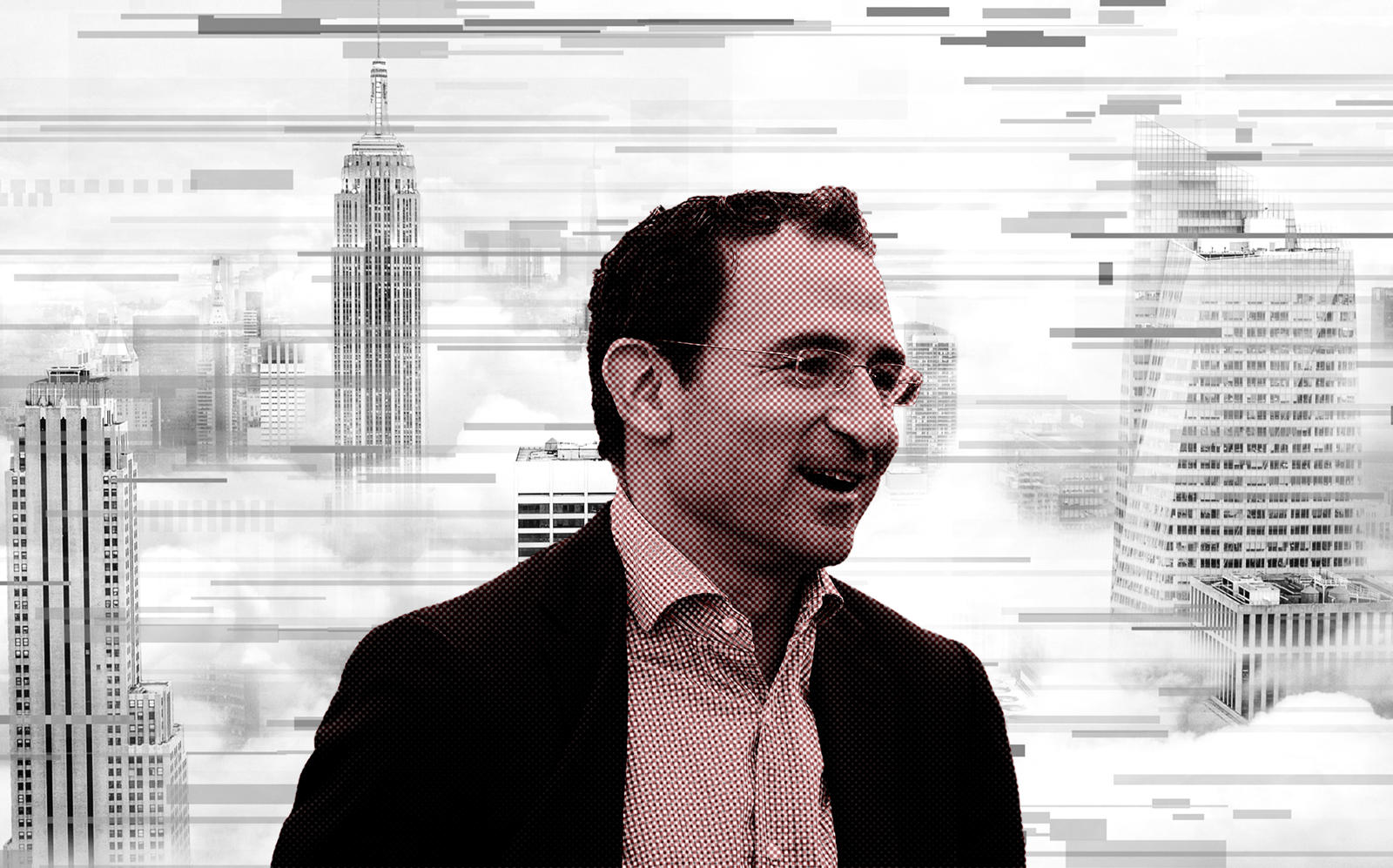Blackstone Group, the world’s largest commercial landlord, has some sobering news.
“Over time people will return to office buildings,” said its president, Jon Gray. But, he added, “there will be less density, there will certainly be a lot less new construction.”
Gray spoke during the company’s second quarter earnings call Thursday, and reiterated what most Americans have realized over the last six months — the road to economic recovery, especially for cities, will be a long one.
“In urban markets in the U.S., this will be a challenging couple-year period,” he said. Among the hurdles, he pointed to high levels of unemployment brought on by the coronavirus, the transition to remote working and many companies’ hesitation to long-term commitments.
But during the call, the investment giant’s executives again argued that its $156 billion in dry powder will allow it to weather a prolonged financial disruption. Opportunities, however, may come further down the line than some had projected.
In identifying good investments, Gray emphasized the importance of separating cyclically impaired assets — like offices and hotels, which he predicted will bounce back when the economy does — from those with more fundamental problems, such as retail.
While Gray stressed that Blackstone is holding out to see what opportunities remain, the company still deployed about $5.9 billion of capital to real estate from April through June.
Blackstone was also active in real estate investment deals overseas. It invested in a student housing portfolio in England, a residential portfolio in Japan and took a minority stake in a public Australian casino operator, according to its earnings release. And in a deal with Hudson Pacific Properties, it committed $650 million in the quarter to invest in a production studio and Class A office portfolio in Hollywood. The deal would build out HPP’s extensive studio and sound stage portfolio.
For the quarter, Blackstone saw a boost in profits. It recorded net income of $568 million compared to $305.8 million year-over-year. The firm’s total assets under management increased to $564.3 billion, up 3 percent over the same period in 2019.
Rent collection mixed
Blackstone said rent collections from multifamily apartments and logistics centers held at about 95 percent of normal levels, but not surprisingly, retail properties took a beating. Collections for retail assets were at 50 to 60 percent of usual levels for the quarter. Office collections, meanwhile, stood somewhere in between, Gray said.
In recent years, Blackstone has been criticized for investment strategies that contributed to the gap between rich and poor. Calls for additional taxes on the wealthy have grown since the start of the pandemic, as cities and states grapple with severe budget shortfalls.
On Tuesday, presumptive Democratic presidential nominee Joe Biden proposed eliminating 1031 “like-kind” exchanges for real estate investors with annual incomes greater than $400,000. It was part of his plan to finance $775 billion in government spending over the next 10 years on child care and care for the elderly.
During the call, Gray said “higher taxes seem like an increasing likelihood,” while company CEO Stephen Schwarzman estimated that fiscal aid from the U.S. government, which now accounts for 15 percent of Gross Domestic Product, will likely exceed 20 percent due to additional legislation the firm expects this summer. Late last month, he maintained his confidence in a V-shaped U.S. recovery. But he added the upward climb would take “quite a while” before it matched 2019 levels.
